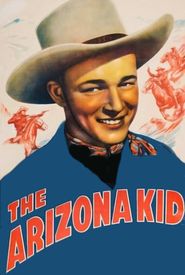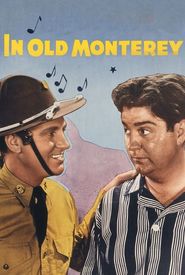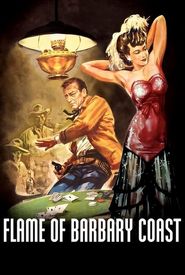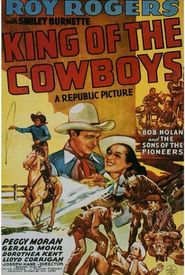Stuart Hamblen's life was marked by a series of significant events that shaped his future. As a young man, he traveled extensively throughout Texas with his father, an itinerant preacher who would later become the head of his denomination. This period of time allowed Hamblen to develop a strong foundation in education, as he attended school between trips, preparing for a future career in teaching. Despite his academic pursuits, Hamblen's true passion lay in music, and he often found himself singing while riding the range, composing his own songs along the way.
Hamblen's first foray into the world of music came when he won an amateur singing contest in Dallas, earning him a spot as a touring singer. Eventually, he settled in California, where he began his radio career, appearing in motion pictures and rodeos along the way. His radio program would go on to run for an impressive 20 years, solidifying his status as a beloved entertainer.
As Hamblen's career continued to evolve, he would eventually convert to the evangelical faith, shifting his focus towards writing hymns and sacred songs. This new direction would lead him to record a collection of Robert W. Service poems, entitled "The Spell of the Yukon". The album featured a mix of Service's works, including "The Shooting of Dan McGrew" and "The Cremation of Sam McGee", alongside several of Hamblen's own compositions, such as "Shake the Hand of a Man" and "Make Believe Bay". Other notable tracks on the album include "Pokolodie Bill Left His Soul Behind" and "Big Wicked Bill", showcasing Hamblen's ability to craft memorable and engaging songs.
The album also featured the iconic title track "The Spell of the Yukon", a hauntingly beautiful piece that showcases Hamblen's mastery of storytelling through music. Additionally, the album included the tracks "Send Me a Lady" and "Mush", further demonstrating Hamblen's impressive range as a songwriter and performer.

































